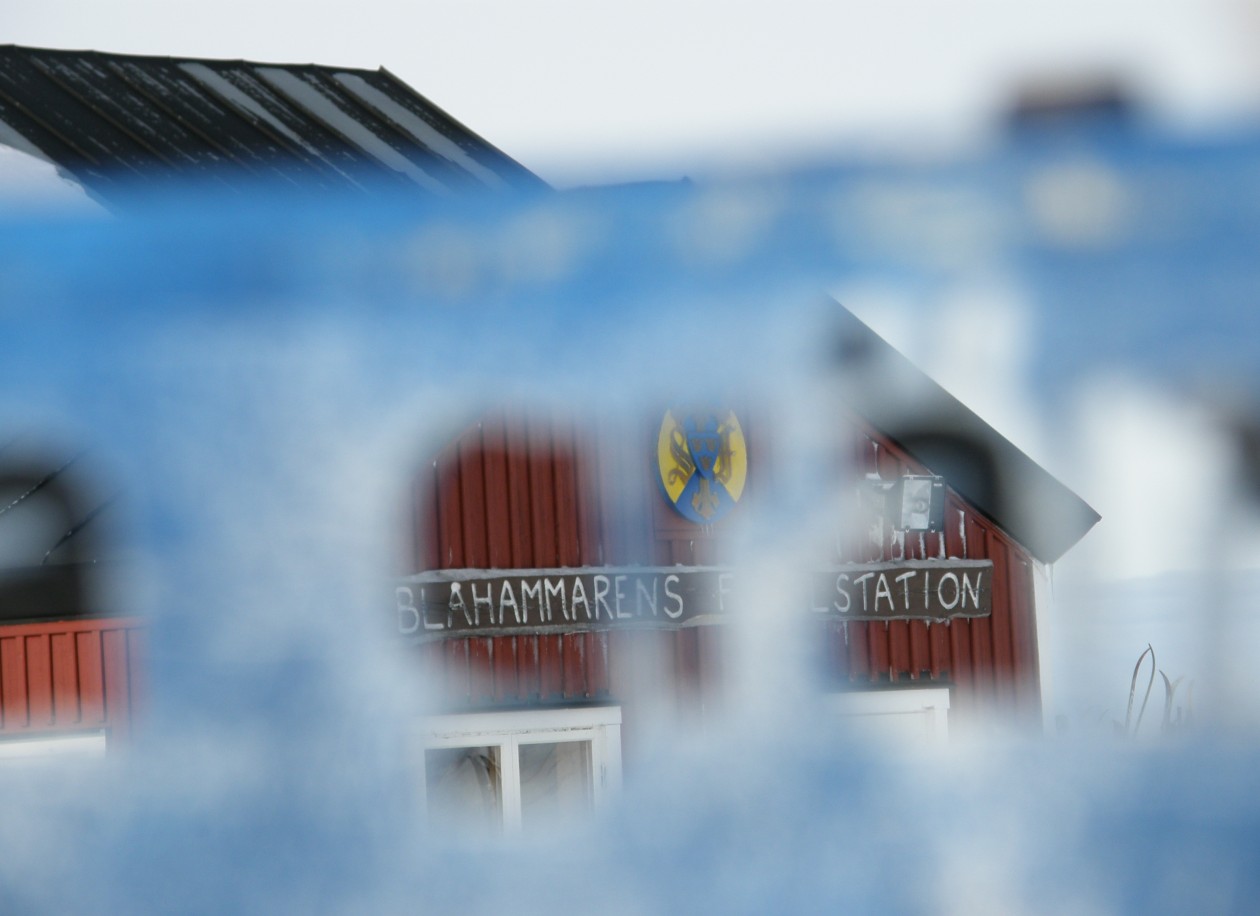Today I will continue about one of my favourite topic, decision making. What is it that make us to take the step, or not. After reading todays blog, you will find that you not normally make decisions out of logic…
In order to make the right decision, we need to understand how our brain works. What is driving our decision-making? We have a built-in reward structure (striatum) that responds to what is pleasant and also a primitive emotional structure (amygdala) that responds to what is unpleasant. So when we are facing a choice, we would rather choose the one that gives the most reward and least punishment / discomfort.
Is it then possible to distinguish between decisions that are influenced by emotions or logical thinking?
We can conclude that it is a myth that we are rational decision makers. We are more emotionally driven decision makers who can think rationally sometimes. Emotions form the basis of basically all our behavior and what is important to us. When you do not know something, it is not important either.
What then makes us want to make decisions?
A simple explanation is that the alternatives are about as good, or as bad. Of course, if the results of a decision are made, it becomes easier. The strategy for making decisions easier where the difference is small is to gather information that either raises or lowers the value of one of the alternatives.
Some want more than others, what is it? Can you change that behavior?
In fact, there are partly genetic explanations linked to the dopamine system that affect how adventurous we are, this also affects how willing we are to take risks. We all need different levels of dopamine to get the kick out. But if you challenge yourself, you can develop your ability to take risks, etc.
So how do you make the right decision?
For example, if you choose a career path, you can always fall back to its original path. If you choose such a decision, you do not always receive the same support from the surroundings as if you choose a ”traditional” decision. Then it is important to know that you really want to do what you have decided. There are also situations when it can be good to listen to the fear, should I go down the off-piste hill when there is high avalanche risk? The consequence of choosing errors in such a situation can be more serious, and then it is important to listen to their emotional reaction. Basically, it’s about knowing yourself and understanding why you react the way you do. Does the fear warn you, or does it make you chick?
Human is programmed to make illogical decisions.
Daniel Kahneman, a professor of psychology, has studied man’s tendency to constantly make illogical decisions since the early 1970s. His thesis is that man has two ways of making decisions. One is completely reflex-controlled, here you can’t even reflect. The second is slower, more reflective (which in psychology is called ”the self”).
We use systems as a rule, even when we need to use system 2. It is a kind of systematic thought error or preconceived notions.
But it is now that it gets exciting, this does not happen randomly, it has a form and structure that obscures our judgment. We think we make a logical and carefully thought-out decision, but we probably won’t. Impulse purchases, that we trust the wrong people, we can’t see things from another person’s perspective or have a hard time resisting temptation.

System two has a supporting role, which believes it has the lead role. Most of our brain is controlled automatically, and then in the first place by system one. You immediately get an opinion on something. If you then get asked why you think in a certain way, you will construct reasons. System two provides us with reasons, which are not always the real reasons behind the opinion.
The reason why this lies so deeply within us is that it is genetically conditioned. What is clear, however, is that we can reflect on our choices. System two has for the first time realized that there is a system one. It gives us the opportunity to influence how we think about the decisions we make.
The Utehelg will be the 22-24 of May this year, so if outdoor is your area -be there:-)
See ya soon…


Interesting topic Bergman. This is an important issue. Especially when taking choices in the mountains. One of my favorite theories is Theory of reasoned action.
Its a good one to have when working with comrades in the mountains, if you are out of radio contact, or looking for a lost person.
Här har vi en typ som drar ut på fjället utan spade trots av fjällvana. En lärdom att ta.
https://www.nrk.no/mr/kjempa-for-livet-da-dei-stod-verfaste-pa-fjellet-1.14933870